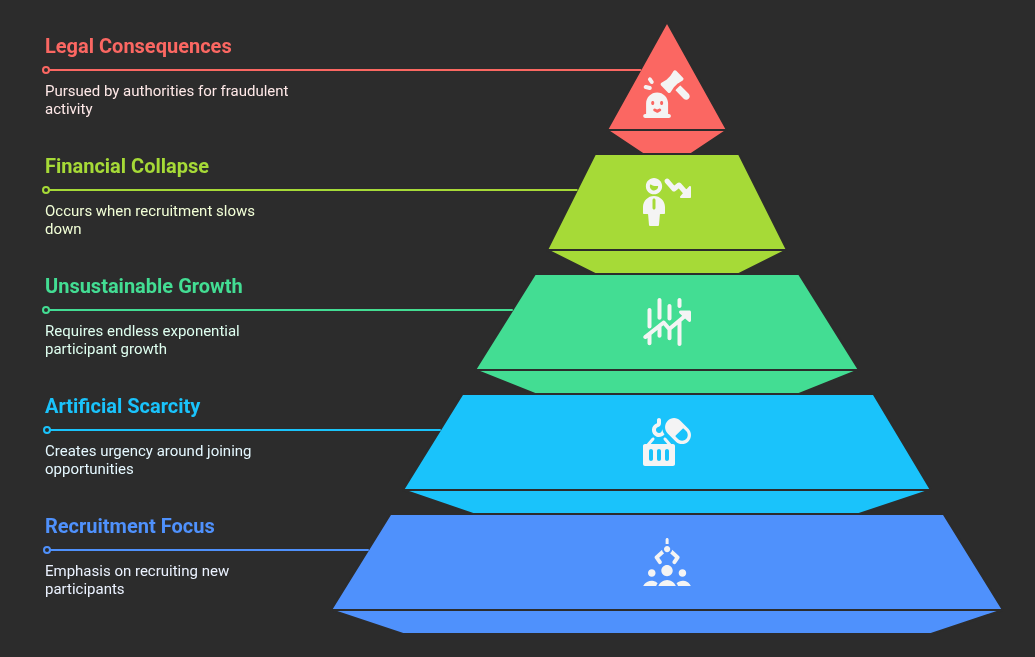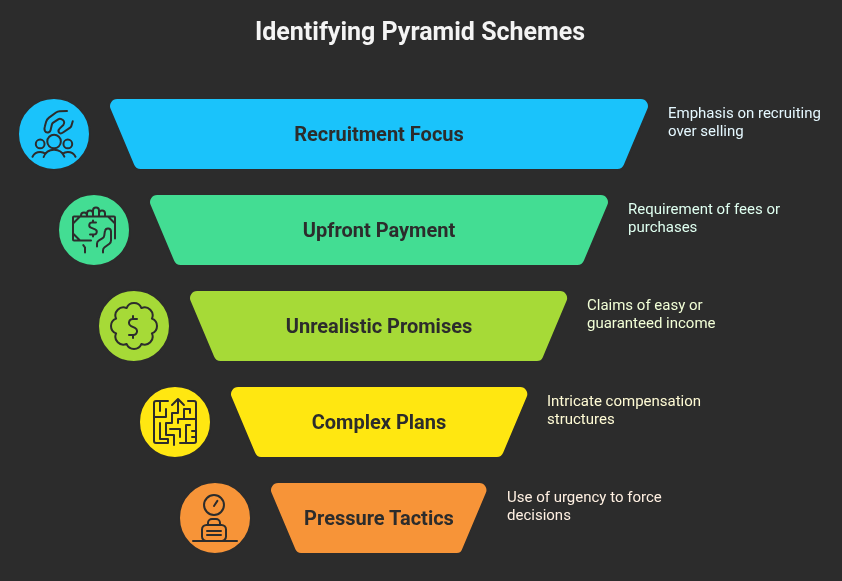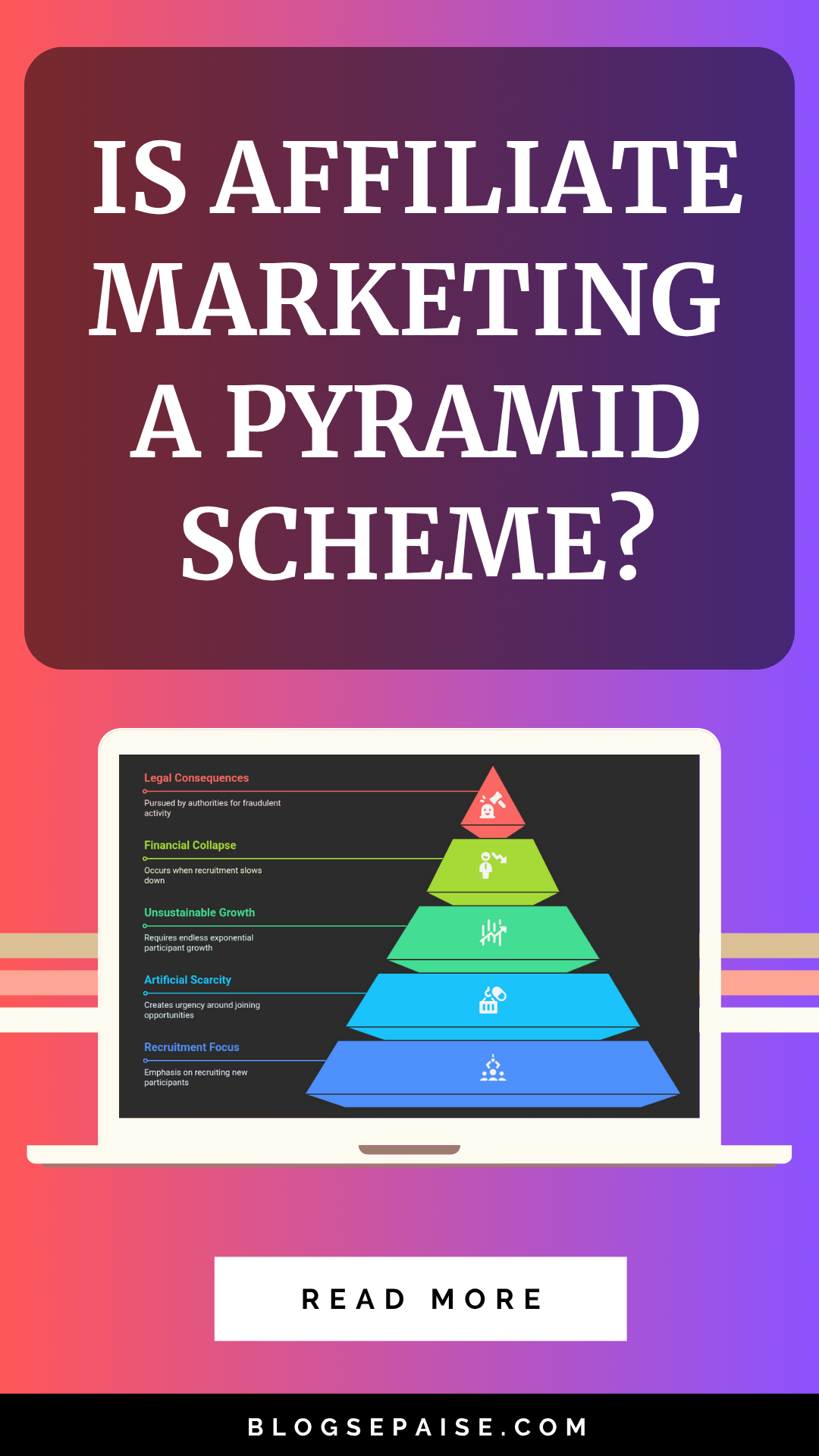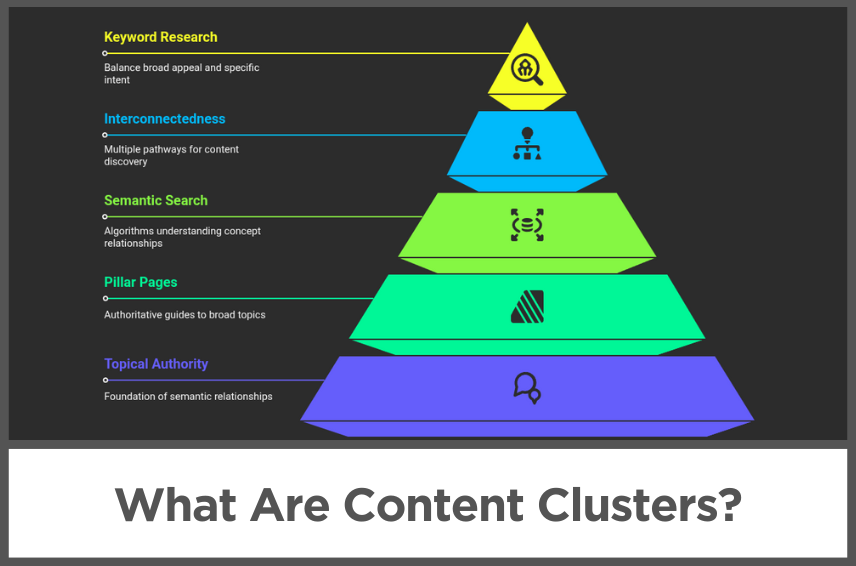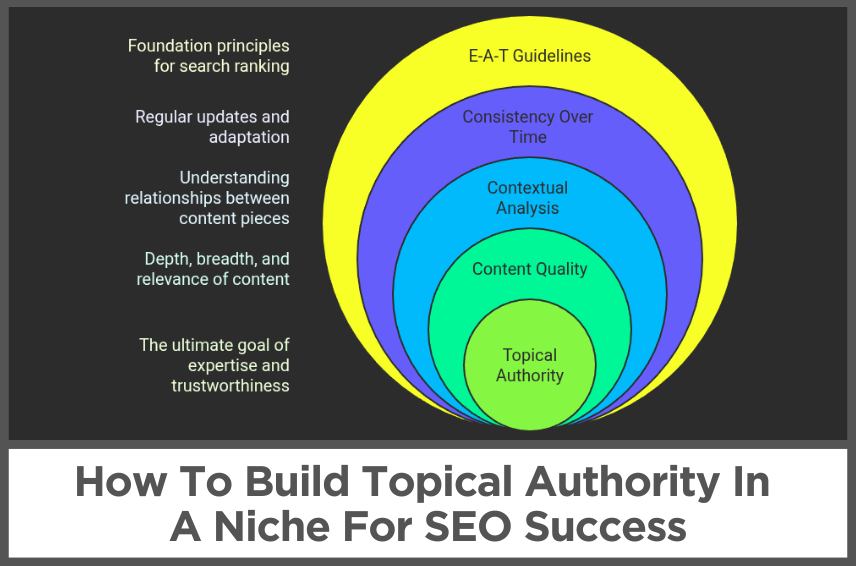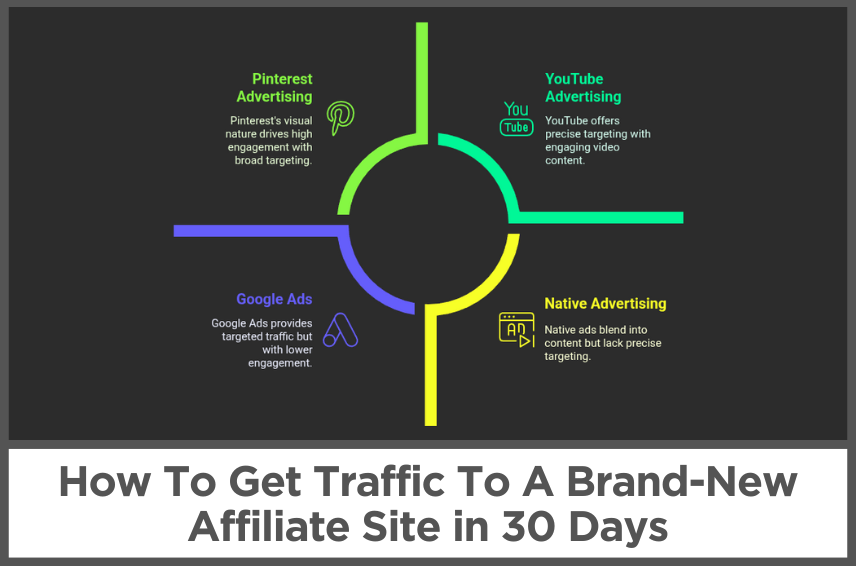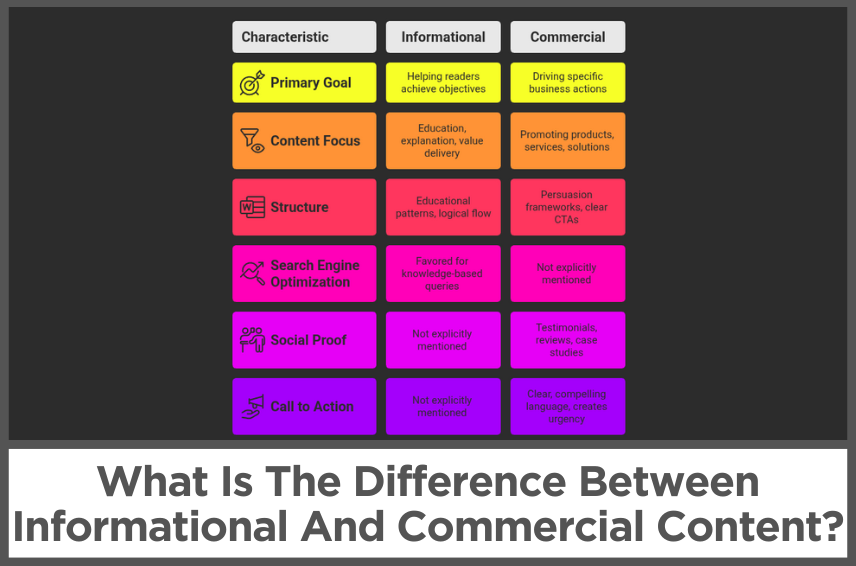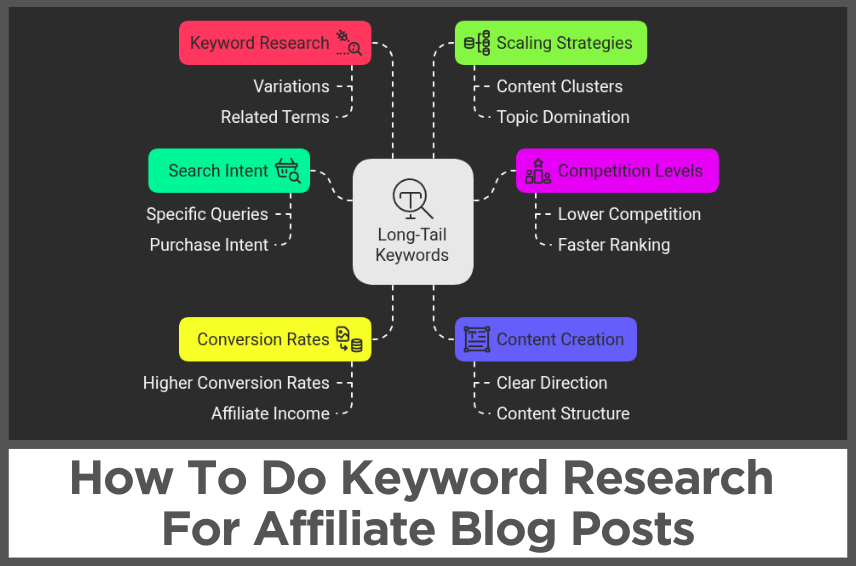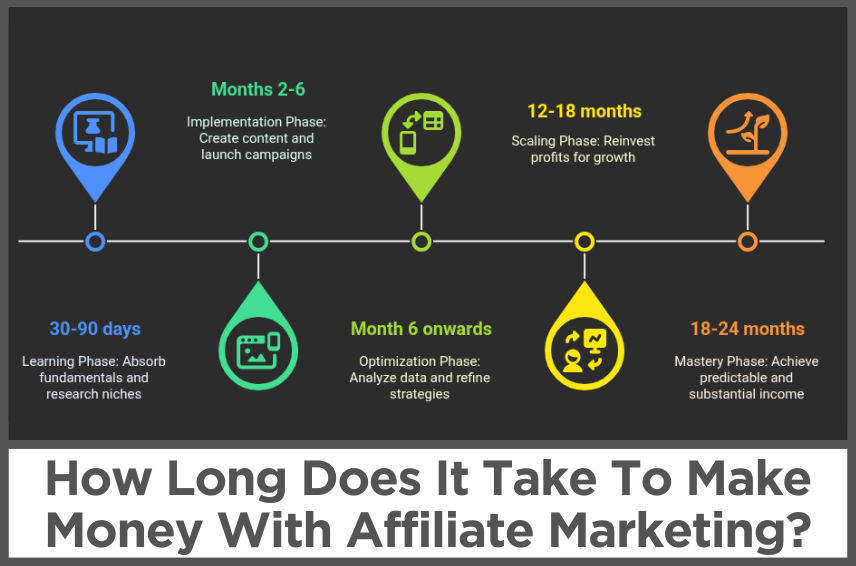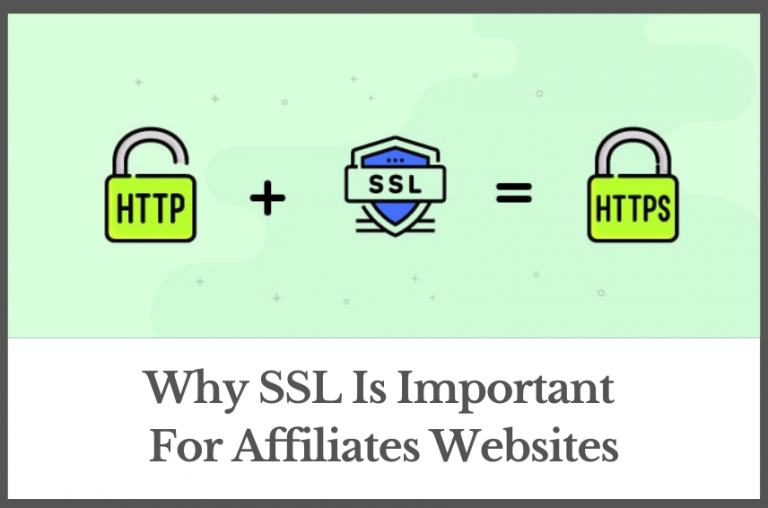Is Affiliate Marketing A Pyramid Scheme?
by Abhigyan
The question of affiliate marketing being a pyramid scheme surfaces frequently among people exploring online income opportunities.
This confusion stems from surface-level similarities and misleading information spread by those who misunderstand how legitimate affiliate marketing operates.
Affiliate marketing represents a genuine business model where you earn commissions by promoting other people’s products or services.
Companies pay you for successful referrals, creating a win-win situation where businesses gain customers while you generate income.
This arrangement has existed for decades and powers much of the modern digital economy.
The confusion arises because some unethical operators disguise pyramid schemes as affiliate programs, creating negative associations.
Additionally, multi-level marketing companies sometimes blur the lines by incorporating affiliate elements into recruitment-focused structures.
Clearing up this misconception becomes essential for anyone considering affiliate marketing as a legitimate business opportunity.
The differences between authentic affiliate programs and illegal pyramid schemes are significant and easy to identify once you know what to look for.
Disclosure: Some of the links I share might be affiliate links. If you click on one and make a purchase, I may earn a small commission as a thank you. But don’t worry, it won’t cost you anything extra. I only recommend stuff I genuinely believe in. Your support helps me keep creating awesome content. You can read my full affiliate disclosure in my disclaimer page.
IN THIS POST :
ToggleWhat Exactly Is Affiliate Marketing
Affiliate marketing operates as a performance-based marketing system where businesses reward partners for driving traffic or sales.
You promote products through unique tracking links, and companies pay you commissions when people make purchases through your referrals.
The system benefits all parties involved. Companies expand their reach without upfront advertising costs, customers discover products through trusted recommendations, and affiliates earn income by facilitating these connections.
No money changes hands until actual sales occur, making it a results-driven arrangement.
Most affiliate relationships are straightforward partnerships between you and the merchant.
You might promote software tools, physical products, online courses, or services depending on your audience and interests.
The merchant handles product creation, customer service, and order fulfillment while you focus on marketing and promotion.
Commission structures vary widely across different programs. Some offer flat fees per sale, others provide percentage-based payouts, and certain programs include recurring commissions for subscription services.
The key element remains that payments are tied directly to measurable results like sales or qualified leads.
Successful affiliates often build genuine audiences around specific topics or niches. They create valuable content, develop trust with their followers, and recommend products that truly benefit their audience.
This approach leads to sustainable income because it serves everyone’s interests effectively.
How Pyramid Schemes Work
Pyramid schemes focus primarily on recruiting new participants rather than selling legitimate products or services.
Participants pay money to join and earn commissions mainly by convincing others to also pay and participate. The emphasis remains on recruitment rather than product sales.
These schemes create artificial scarcity and urgency around joining opportunities.
They promise substantial earnings with minimal effort, often claiming you can make money simply by recruiting others who will recruit more people.
The mathematical reality is that pyramid schemes eventually collapse because they require endless exponential growth.
Money flows upward through multiple levels, with early participants receiving payments from those who join later.
The products or services, if they exist at all, serve mainly as disguises for the recruitment-focused structure. Participants spend more time recruiting than actually selling anything of value.
The inevitable collapse occurs when recruitment slows and new participants can no longer sustain payments to earlier joiners.
Most participants lose their initial investments, while only those at the very top profit significantly. This structure makes pyramid schemes inherently unsustainable and harmful to most participants.
Legal authorities actively pursue pyramid schemes because they constitute fraud.
The emphasis on recruitment over legitimate business activity, combined with the mathematical impossibility of indefinite growth, makes these schemes illegal in most jurisdictions worldwide.
Differences Between Affiliate Marketing and Pyramid Schemes
The most fundamental difference lies in the income source.
Legitimate affiliate marketing generates revenue through product sales to end customers, while pyramid schemes rely primarily on payments from new recruits.
This distinction determines the sustainability and legality of each model.
Product focus separates legitimate operations from schemes. Real affiliate programs center around valuable products or services that customers actually want and use.
Pyramid schemes either lack genuine products or use low-value items as fronts for recruitment activities.
Commission structures reveal important differences. Affiliate marketing pays commissions based on sales performance, with no requirement to recruit others.
Pyramid schemes typically require recruitment for meaningful earnings and often structure payments across multiple levels of participants.
Startup costs differ significantly between the models. Most legitimate affiliate programs are free to join, requiring no upfront payments or inventory purchases.
Pyramid schemes almost always demand initial payments, starter kits, or minimum purchase requirements from new participants.
Sustainability factors distinguish long-term viability. Affiliate marketing can continue indefinitely as long as there’s demand for the products being promoted.
Pyramid schemes must eventually collapse due to their mathematical limitations and recruitment-dependent structure.
Why People Confuse Affiliate Marketing With Pyramid Schemes
Multi-level marketing companies contribute significantly to this confusion by combining legitimate product sales with recruitment-based compensation plans.
These hybrid models make it difficult for newcomers to distinguish between legal business practices and problematic schemes.
Misleading marketing tactics create additional confusion.
Some affiliate marketers use high-pressure sales techniques, unrealistic income claims, or recruitment language that resembles pyramid scheme promotion.
These practices blur the lines between legitimate and questionable business models.
Online scams frequently masquerade as affiliate opportunities while operating as disguised pyramid schemes.
These operations use affiliate marketing terminology to attract participants while actually focusing on recruitment and upfront payments rather than genuine product promotion.
Lack of education about business models leaves many people unable to identify key differences.
Without clear guidance, individuals may assume that any commission-based opportunity involving referrals must be a pyramid scheme, dismissing legitimate affiliate programs entirely.
Social media amplifies the confusion by spreading both success stories and horror stories without proper context.
People see dramatic claims about affiliate marketing earnings alongside warnings about pyramid schemes, creating mixed messages about the entire industry.
Red Flags That Signal Pyramid Scheme Activity
Excessive focus on recruitment represents the biggest warning sign.
If promotional materials emphasize building teams, finding partners, or recruiting others more than selling actual products, you’re likely dealing with a pyramid scheme rather than legitimate affiliate marketing.
Upfront payment requirements should trigger immediate skepticism. Legitimate affiliate programs don’t require starter fees, inventory purchases, or membership costs.
Any opportunity demanding money before you can begin promoting products deserves careful scrutiny.
Unrealistic income promises indicate potential fraud. Claims about easy money, guaranteed returns, or life-changing income with minimal effort are classic pyramid scheme tactics.
Legitimate affiliate marketing requires genuine effort and realistic expectations about earnings potential.
Complex compensation plans with multiple levels often disguise pyramid structures.
If you need elaborate charts to understand how commissions work, or if earnings depend heavily on building downlines, you might be looking at a pyramid scheme.
Pressure tactics and limited-time offers create artificial urgency designed to prevent careful consideration.
Legitimate affiliate opportunities remain available and don’t require immediate decisions or payments to secure your position.
Examples of Legitimate Affiliate Marketing Programs
Amazon Associates represents one of the most recognizable affiliate programs, allowing you to earn commissions by promoting products from the world’s largest online retailer.
The program focuses entirely on product sales, requires no upfront costs, and pays based on actual customer purchases.
Software companies like HubSpot, Shopify, and ConvertKit offer affiliate programs for their business tools.
These programs pay substantial commissions for successful referrals while providing genuine value to customers who need marketing, e-commerce, or email marketing solutions.
Online education platforms such as Udemy, Coursera, and MasterClass maintain affiliate programs for course promotion.
Affiliates earn commissions by helping students find relevant educational content, creating value for both learners and course creators.
Financial service companies including credit card issuers, investment platforms, and insurance providers operate affiliate programs.
These partnerships allow you to earn commissions by helping people find appropriate financial products while serving genuine customer needs.
Travel booking sites like Booking.com, Expedia, and Airbnb run extensive affiliate programs.
Travel bloggers and deal-hunting websites earn commissions by helping travelers find accommodations and experiences, providing clear value to all parties involved.
You can find more legitimate affiliate marketing programs here.
Legal Status & Regulatory Oversight
Affiliate marketing operates as a legitimate business model recognized and regulated by government agencies worldwide.
The Federal Trade Commission in the United States requires proper disclosure of affiliate relationships, ensuring transparency for consumers who encounter affiliate-promoted content.
Pyramid schemes face active enforcement from multiple agencies including the FTC, Securities and Exchange Commission, and state attorneys general.
These organizations regularly shut down pyramid operations, file criminal charges against operators, and work to return money to victims when possible.
International cooperation helps combat cross-border pyramid schemes while supporting legitimate affiliate marketing activities.
Countries share information about fraudulent operations while maintaining frameworks that allow honest affiliate partnerships to flourish.
Industry self-regulation through organizations like the Performance Marketing Association establishes best practices and ethical standards.
These guidelines help distinguish reputable affiliate programs from questionable operations while protecting both merchants and affiliates.
Legal precedents continue clarifying the boundaries between acceptable business practices and illegal pyramid schemes.
Court decisions provide clearer guidance about what constitutes legitimate affiliate marketing versus fraudulent recruitment-based operations.
How To Start Affiliate Marketing The Right Way
Take a look at our free affiliate marketing training designed especially for beginners.
In short, begin by choosing a niche that aligns with your interests and expertise. Your genuine enthusiasm for the topic will translate into more authentic content and better audience engagement.
Focus on areas where you can provide real value and helpful recommendations.
Research affiliate programs thoroughly before joining. Look for companies with strong reputations, quality products, fair commission structures, and reliable payment systems.
Avoid programs that require upfront payments or focus primarily on recruitment rather than product sales.
Build a platform for sharing valuable content related to your chosen niche. This might include a blog, YouTube channel, social media presence, or email newsletter.
Focus on helping your audience solve problems rather than immediately promoting products.
Develop trust with your audience by providing honest, helpful content consistently.
Share personal experiences with products, acknowledge both benefits and limitations, and prioritize your audience’s needs over commission potential.
This approach builds long-term relationships that generate sustained income.
Follow disclosure requirements and ethical guidelines in all your promotional activities.
Clearly identify affiliate relationships, provide honest reviews, and maintain transparency about your business model.
These practices protect both you and your audience while building credibility in your niche.
Final Thoughts On Pyramid Schemes vs Affiliate Marketing
Affiliate marketing stands as a legitimate business model that bears no resemblance to illegal pyramid schemes when practiced correctly.
The confusion between these concepts often stems from misleading information and unethical operators who blur the lines between legal and illegal practices.
The key differences are clear and significant.
Legitimate affiliate marketing focuses on selling valuable products to end customers, requires no upfront payments, and generates income through genuine sales activities.
Pyramid schemes emphasize recruitment, demand initial investments, and inevitably collapse due to their unsustainable structure.
Success in affiliate marketing comes from building genuine relationships with your audience and promoting products that truly serve their needs.
This approach creates sustainable income while providing value to customers and supporting legitimate businesses.
The model has powered countless successful online businesses and continues growing as e-commerce expands.
Education remains the best protection against pyramid schemes disguised as affiliate opportunities.
By studying the differences, recognizing red flags, and following established best practices, you can confidently pursue affiliate marketing while avoiding fraudulent schemes.
The affiliate marketing industry will continue evolving and growing, creating new opportunities for those who approach it with integrity and realistic expectations.
Focus on providing value, building trust, and promoting quality products, and you’ll find affiliate marketing to be a rewarding and entirely legitimate business opportunity.
If you find this article helpful, kindly share it with your friends. You may also Pin the above image on your Pinterest account. Thanks!
Abhigyan Mahanta
Hi! I’m Abhigyan, a remote web developer and an affiliate blogger. I create beginner-friendly guides to help new affiliates get started and grow in affiliate marketing. I also share information on remote companies and interview preparation tips.


